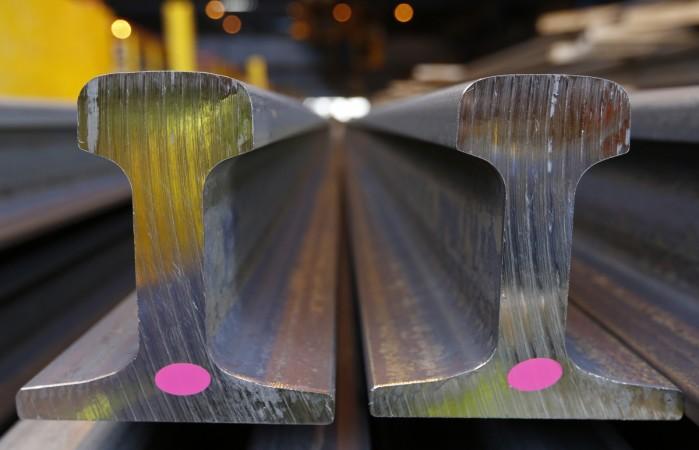
Days after Essar Group completed the sale of its oil business to the consortium led by Russian oil major Rosneft, major steel companies expressed interest in buying the vexed Essar Steel, owned by Ruia family-controlled conglomerate.
The country's second largest private steel manufacturer, Tata Steel has expressed interest in bidding for debt-ridden Essar Steel, the Economic Times reported. Currently, Essar Steel is facing insolvency proceedings after it failed to pay debt around Rs 37,000 crore to banks.
ET in its report quoted a senior executive of one of the banks Essar saying, "Tata Steel has informally conveyed to us their interest in bidding for Essar Steel." The business daily further quoted an investment banker familiar with the development, who said Chandrasekaran is keen to get back the 'top steelmaker' tag, which it lost to JSW Steel.
Betting on the government's spending on infrastructure projects, specifically to build affordable homes, Tata Steel had earlier expressed its interest to grow the business, both by expanding capacity and by acquiring financially stressed companies.
Acquiring Essar Steel will be a good opportunity for Tatas, as it will give the company an access to the market in west India, which is mostly unexplored by the company.
Earlier this month, speaking at the Tata Steel's annual general meeting (AGM), Group Chairman, Chandrasekaran said, "We are seriously looking at inorganic growth and scaling up the Kalinganagar plant."
Other than Essar Steel's debt, the healthy EBITDA per tonne and the company's geographical presence are attracting multiple suitors, an ET Now report said.
In a situation where the company is reeling under huge debt, the Essar Group too is interested in bidding for Essar Steel. Executive Director of Essar Group Prashant Ruia on Wednesday said, "We are negotiating a restructuring package with lenders. We will compete with others," the business daily reported.
With the country steel industry reviving after a year of bad business, stocks of Tata Steel gained over 64 percent in the last one year amid revival in local demand and slowing Chinese imports.














